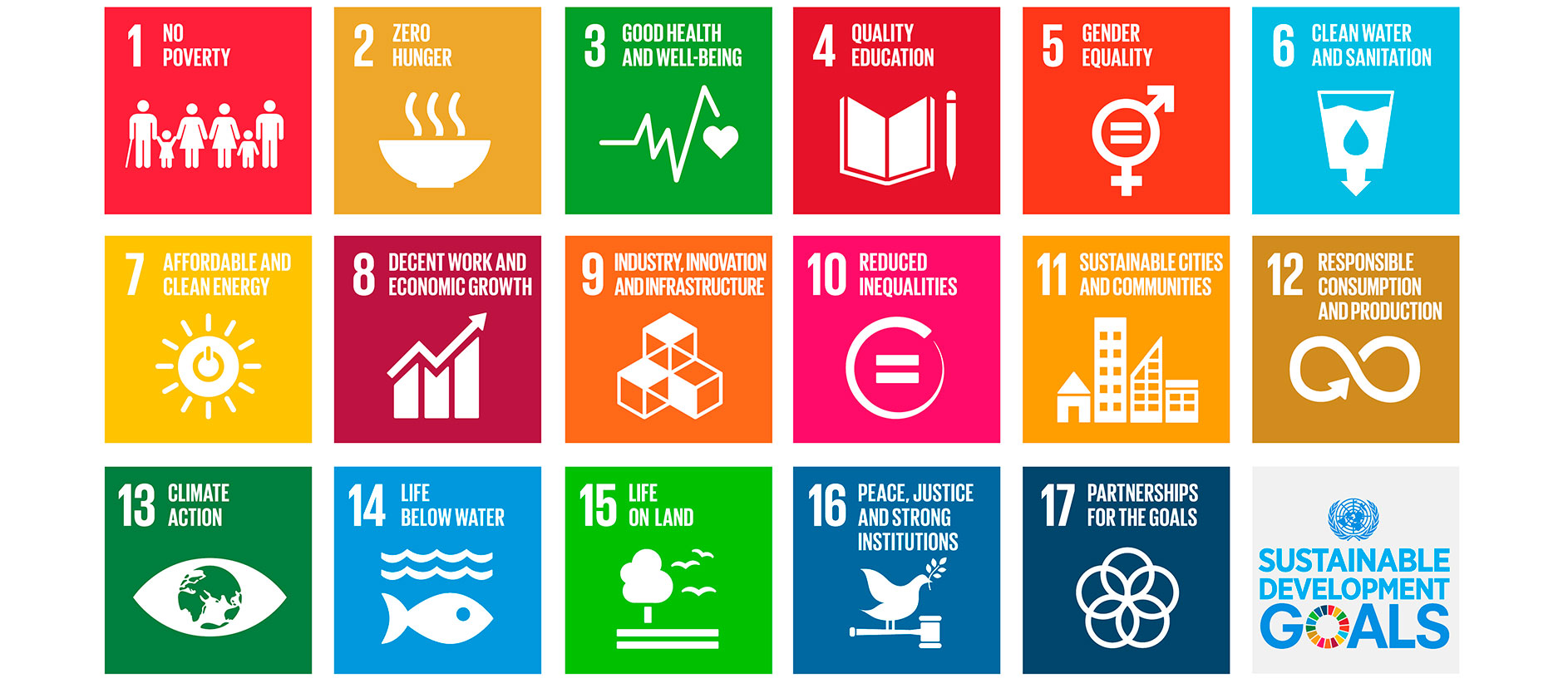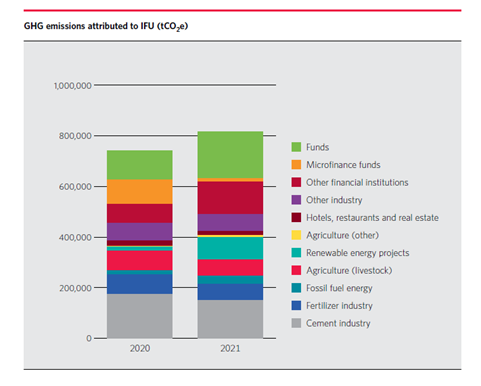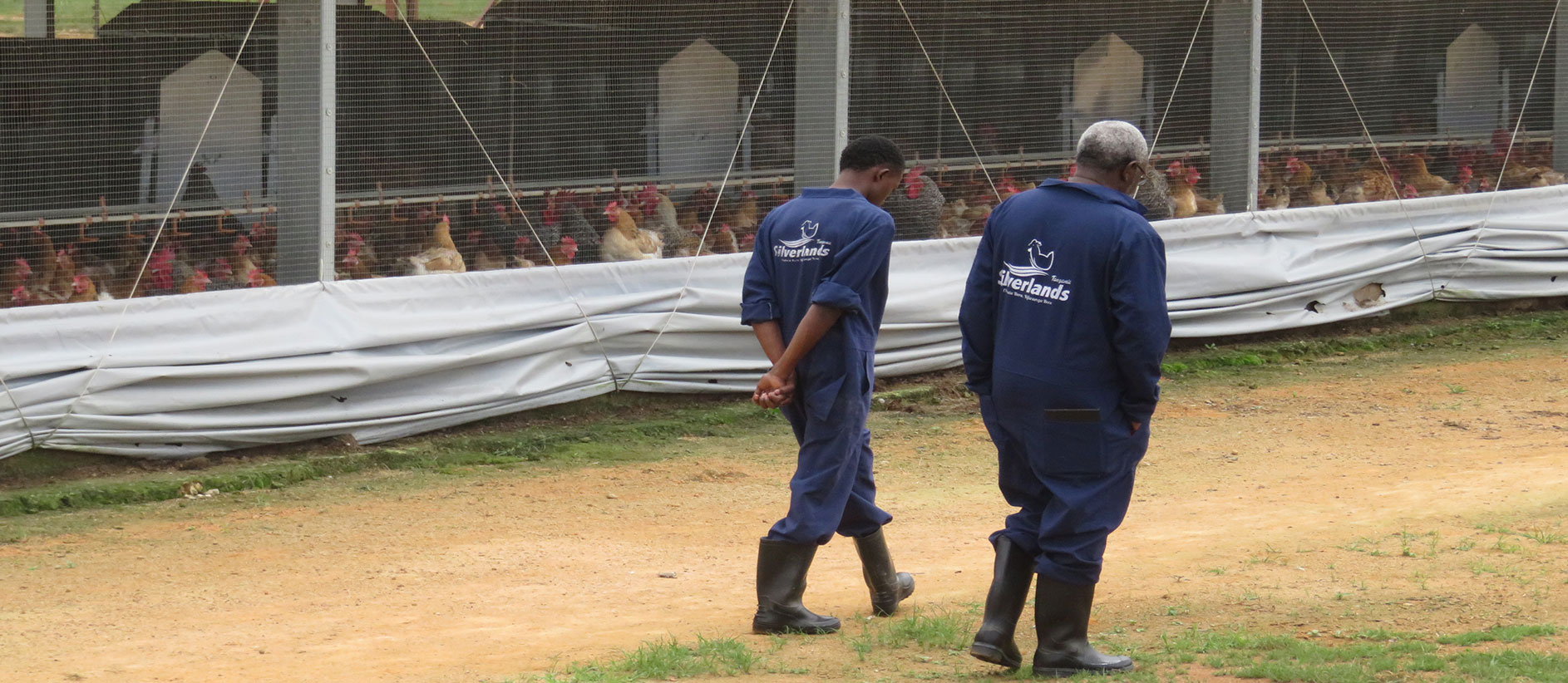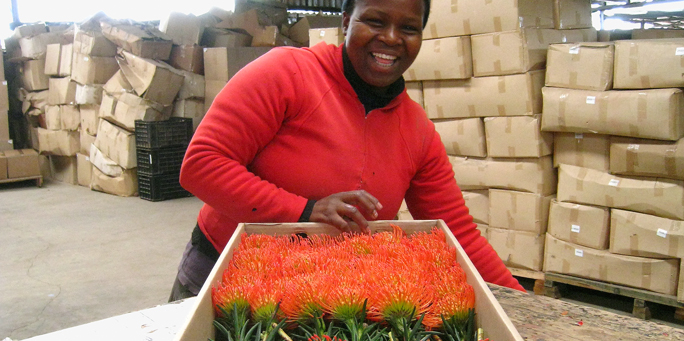IFU encourages an open dialogue on all issues related to IFU and its investments, including when concerns may arise. This is why IFU makes a grievance mechanism available to stakeholders (the “Grievance Mechanism”).
The Grievance Mechanism enables IFU’s employees, employees in projects financed by IFU or other IFU managed funds (“IFU Investees”), as well as other external stakeholders to raise a grievance if they identify irregularities with IFU’s commitments, policies and procedures, or any other legal misconduct, including concerns about impacts on human rights under the United Nations Guiding Principles on Business and Human Rights.
IFU encourages employees of IFU and IFU Investees to discuss concerns with their immediate superior, another manager, or their human resources function. However, if this is not possible, or if you have done so and you believe that your concern has not been handled correctly, you may report the issue according to the IFU Whistleblower Policy, using the Grievance Mechanism.
Who can report and where?
The following persons may make reports governed by the Whistleblower Policy:
- IFU’s employees
- Employees in projects financed by IFU
- Other IFU Project stakeholders
- Third parties with a business relationship to IFU and IFU Projects
- Other parties who are affected by IFU or projects financed by IFU
Reports can be made through several channels. Electronic reports may be made by email directly to advisory@ifu.dk or through a third party by means of a web portal available here . The external web portal is maintained by the law firm Bech-Bruun, which is independent from IFU. Bech-Bruun will receive the reports and determine how to proceed. The object of this external anchoring is to provide an anonymous channel for reporting and to ensure impartiality and objectivity in assessment and processing.
Reports made by post should be sent to:
Chair of the Investigations Oversight Committee
IFU
Fredericiagade 27
1310 Copenhagen K
Denmark
What to report
The Grievance Mechanism can be used to report concerns that are covered by the IFU Whistleblower Policy. In particular, the Grievance Mechanism can be used to report concerns about adverse impacts on individuals or communities by activities carried out by IFU or IFU Investees.
The Grievance Mechanism can be used for reporting violations comprised by the Danish Whistleblower Protection Act, and thus you may file a report regarding
- violations of specific areas of EU law
- serious offences and other serious matters
Protection of the identity of reporters/whistleblowers and witnesses
IFU does not tolerate harassment, vengeful actions, or other types of sanctions against any person who in good faith files a report or who assists IFU in connection with the processing and investigation of a case.
The identity of the reporter/whistleblower will be kept confidential to the extent possible, considering IFU’s need to make a thorough investigation. However, it may be necessary to disclose information about identity if the issue is reported to the police or if the case is taken to court.
Persons who report in bad faith are not protected by the Whistleblower Policy and may be subject to civil, criminal and employment law sanctions, including possible dismissal.
Deletion of personal data
IFU is the data controller of the Grievance Mechanism. Personal data processed in connection with IFU’s Grievance Mechanism are kept for as long as deemed necessary for the purpose for which the data were collected.
If the result of a specific case presents no evidence of any irregularity, the personal data will be deleted immediately and as a main rule by two months after closing the case.
If evidence of irregularities is found, various storage periods apply, depending on factors such as whether legal action or disciplinary steps are taken against the reported person or against the person who filed the report, in cases where the report is filed in bad faith.
Data may also be stored if they are anonymized.
Please see IFU Whistleblower Policy for further information on your rights as a whistleblower/reporter, what and how to report and how IFU processes your report and personal data.
******
You may also file a complaint with the Danish Data Protection Agency (Datatilsynet), Borgergade 28, 5., 1300 Copenhagen, dt@datatilsynet.dk.
If you do not feel safe using IFU’s Whistleblower policy, you may file a report via Danish Data Protection Agency’s external whistleblowing system, in writing or orally. The Danish Data Protection Agency’s whistleblowing system is available via www.datatilsynet.dk
Show more
Show less




